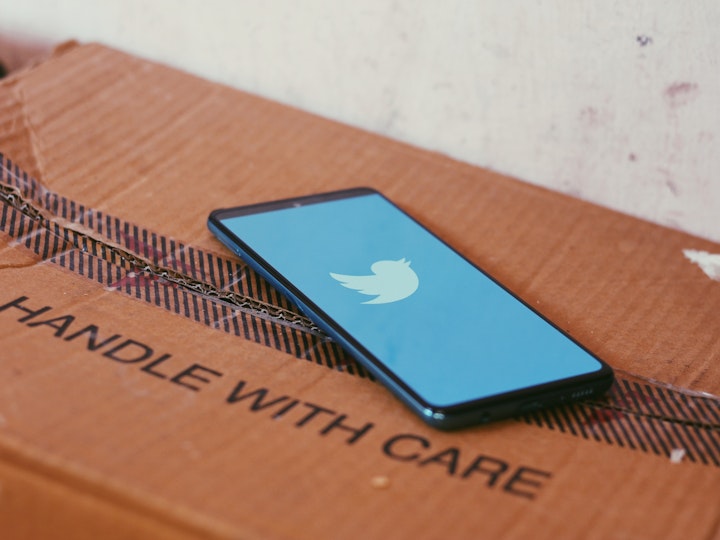Twitter in turmoil: Reputational disaster or transformational opportunity?
Raising concerns about Twitter’s future, many companies are suspending their activities on Twitter, while some are already leaving the social media platform following Elon Musk’s takeover. Although it is unclear what the future may hold for Twitter, could this situation destroy Twitter’s reputation or is it a chance to reinvent itself. Dr Anastasiya Saraeva explains.

Another controversial story has unfolded in an already highly divided world. It has been over a month since Elon Musk walked into the Twitter offices as their new owner. This has already triggered mass layoffs, controversial decisions such as reinstating former US president Donald Trump’s account, and new paid subscription rules. The unprecedented media coverage of Musk’s antics appears detrimental to the reputation of not only Twitter but Musk himself, and of companies that are still closely associated with the social media giant.
According to the Axios Harris Poll 100, a ranking of the reputation of the companies most on the minds of Americans, Twitter’s reputation has already seen a decline – from 89th rank in 2019 to 98th in 2022 (interestingly, 100th position is taken by The Trump Organization). At the moment, the uncertainty and ambiguity of Musk’s decisions contribute to Twitter’s poor reputation. Reputation research and practice indicate that corporate reputation possesses vital buffering qualities, and particularly in turbulent times, it can act as a shield to protect organisations. Unfortunately, Twitter hasn’t been successful in maintaining a strong reputation, and the social media behemoth lacks the protection of one of the most important intangible assets.
Balenciaga, another brand whose reputation has taken a beating in recent days, was the first brand to officially quit Twitter, and forego its one million followers. Many organisations including General Motors, L’Oréal, United Airlines, Pfizer, etc., are halting their advertising and other activities on Twitter, and waiting for clarity on the new rules. Such ‘wait and see’ tactics could potentially devastate Twitter – advertising takes up about 90% of the company’s revenue, thereby undermining Twitter’s ability to remain a popular platform for advertising. Interestingly, the ‘wait and see’ approach does not bode well for any parties involved – many companies are receiving a strong backlash from their consumers and the general public who want them to take a stand and leave Twitter for good.
Despite the fact that Twitter is featuring heavily in headlines worldwide, much more than in pre-Musk era, most of the media coverage is about Elon Musk himself. Reputation research suggests that a CEO’s (negative and/or ambiguous) reputation can directly impact an organisation’s success, hinder stakeholder loyalty, and increase negative publicity – and no doubt we are currently witnessing this.
Nevertheless, the new Musk era could offer a fruitful opportunity for Twitter to redefine who they are and what they stand for. According to the Wall Street Journal, about 64% of Twitter users are anticipating positive changes under Musk’s leadership, hinting at his successful ventures such as Paypal, Tesla, SpaceX, and Starlink. Musk stated that he would want a less restrictive space for open conversations. How this will come into fruition is something we need to ‘wait and see’.



